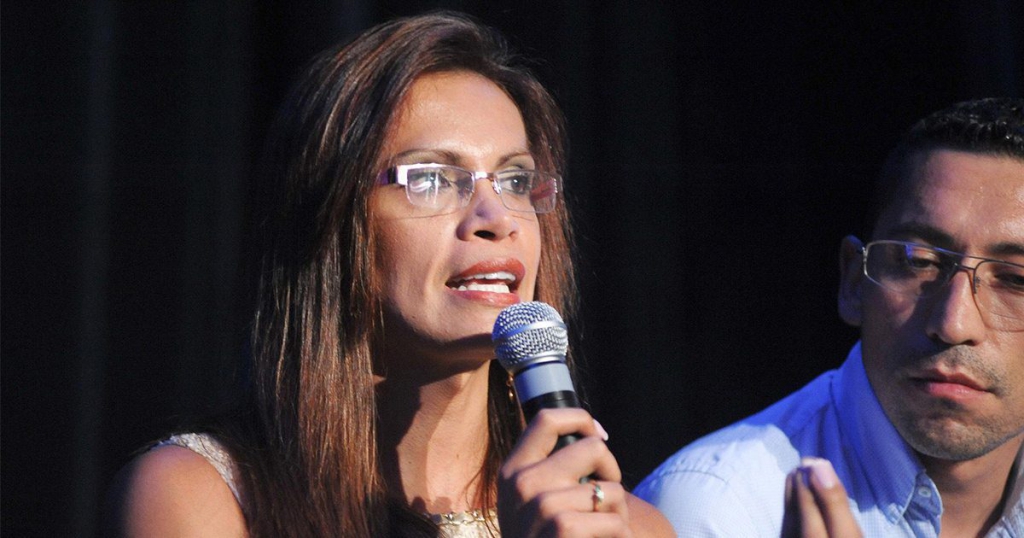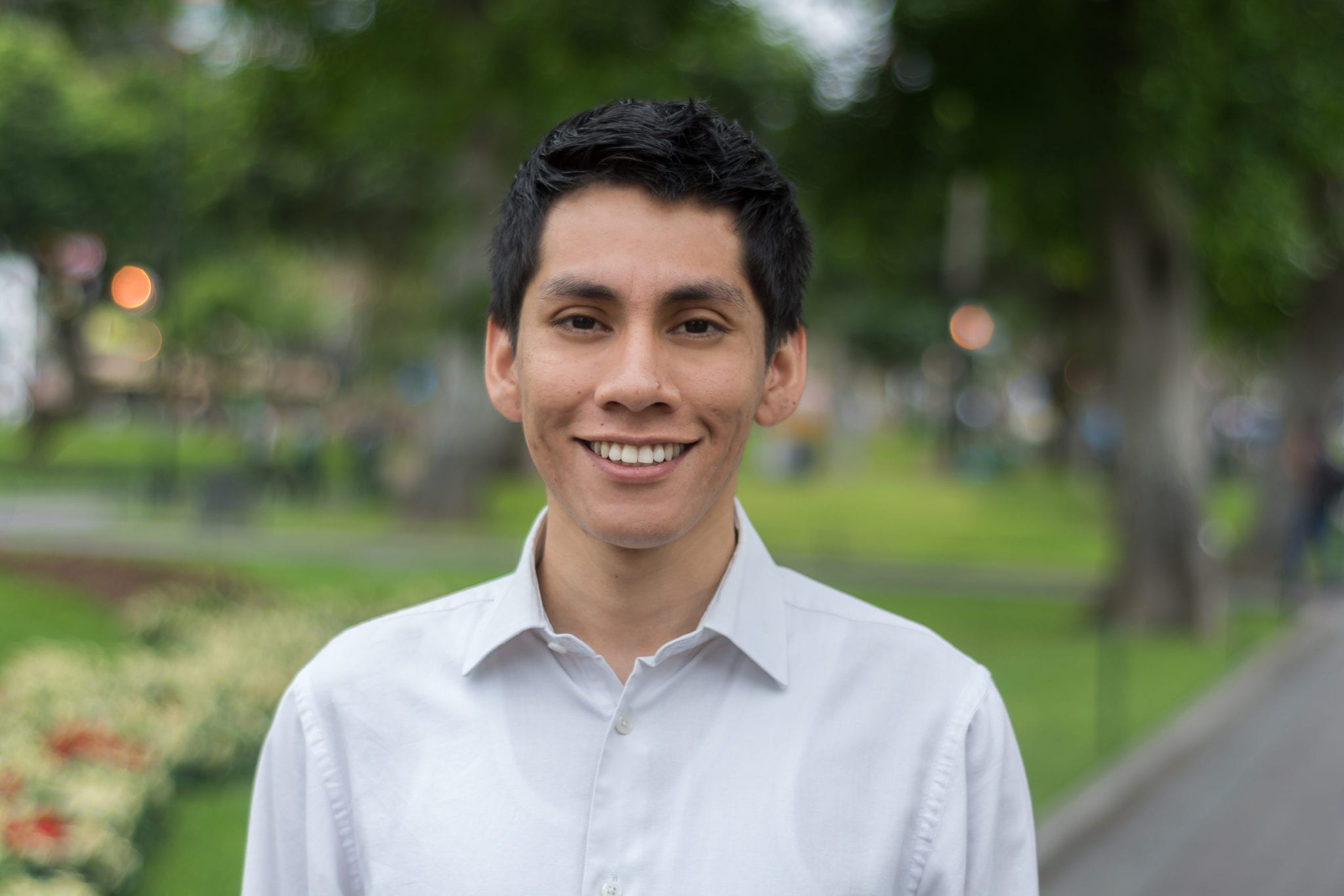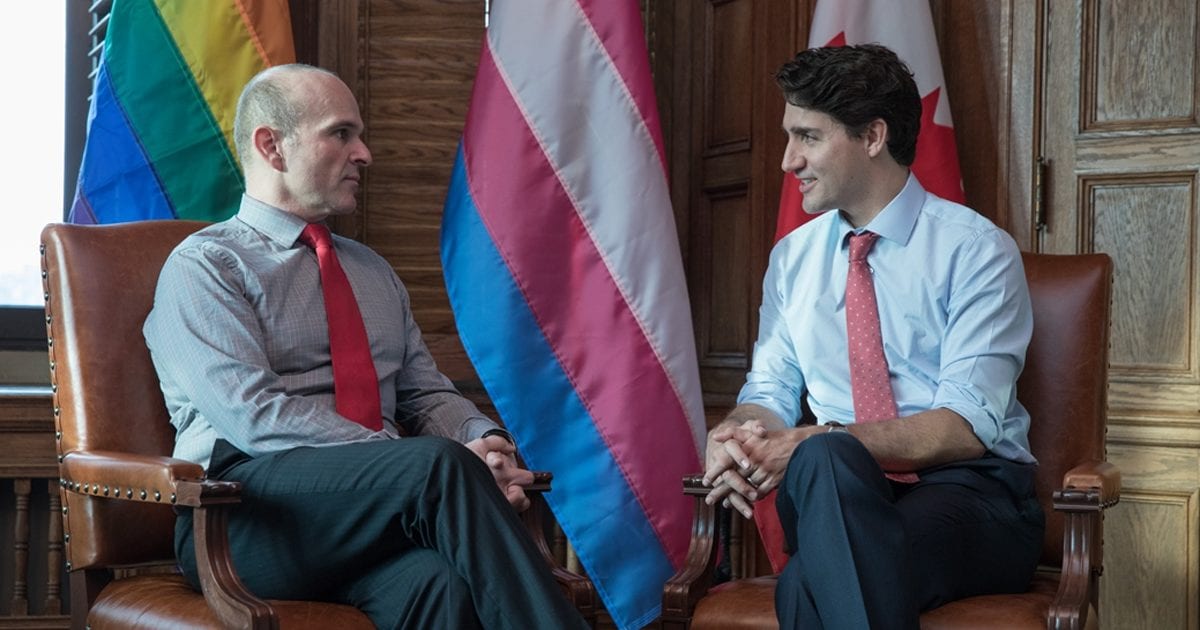
Colombia held its legislative elections on March 11th, the first of two elections taking place this year, with the presidential race to be held in May. This election cycle is special, however, as the former FARC rebels-turned-political-party participated as part of the peace deal reached in 2016, an issue that several of the LGBTQ leaders that we have trained continue to work with political parties on. These elections also marked an important year for LGBTQ candidates.
Caribe Afirmativo, our partner in Colombia, and Victory Institute carried out a Vote for Equality campaign that monitored the elections, tracking 14 LGBTQ candidates that ran for office this year. This effectively more than doubles the amount of LGBTQ candidates that ran in the last 2014 elections. Also significant is the increased diversity of candidates. In the 2014 elections, four cisgender women and two cisgender men ran among four political parties; whereas in 2018, six cisgender women, six cisgender men, and two trans women ran among nine political parties.
Angélica Lozano, who is openly bisexual, became the first openly LGBTQ person elected to Colombia’s Senate. Lozano received the second highest number of votes within her party, the Green Alliance. Mauricio Toro, also openly gay and a member of the Green Alliance party, was elected to the House of Representatives.
Tatiana Piñeros, a Victory Institute trainee, ran as a Senate candidate. Although she did not win, her candidacy was meaningful in marking the first time that an openly trans woman ran for a seat in the Senate. Another significant candidacy was that of past trainee, Álvaro Ladino Paque, who unfortunately did not win his race but contributed to the increased visibility of LGBTQ candidates this election.
Overall, these results reflect the changing political tides and growing acceptance in the nation, as well as the fruitful results of the political trainings, work with parties, civil society forums, and voter transparency campaigns that Caribe Afirmativo and Victory Institute have been conducting since 2014. This rise in participation of LGBTQ people on the ballot paves the way for great strides to be made towards equality in the coming years.

Top Left: Angélica Lozano, Top Right: Mauricio Toro, Bottom: Tatiana Piñeros
Photos via Washington Blade

